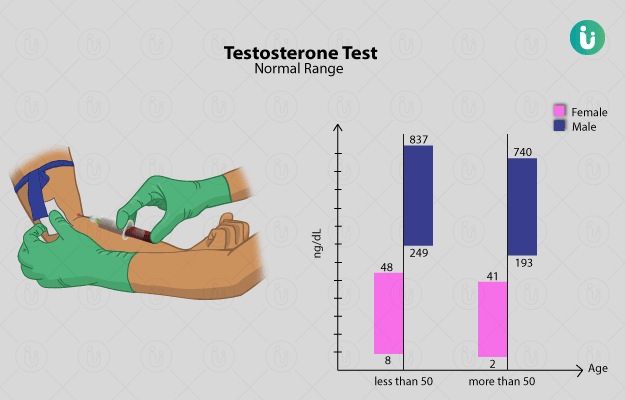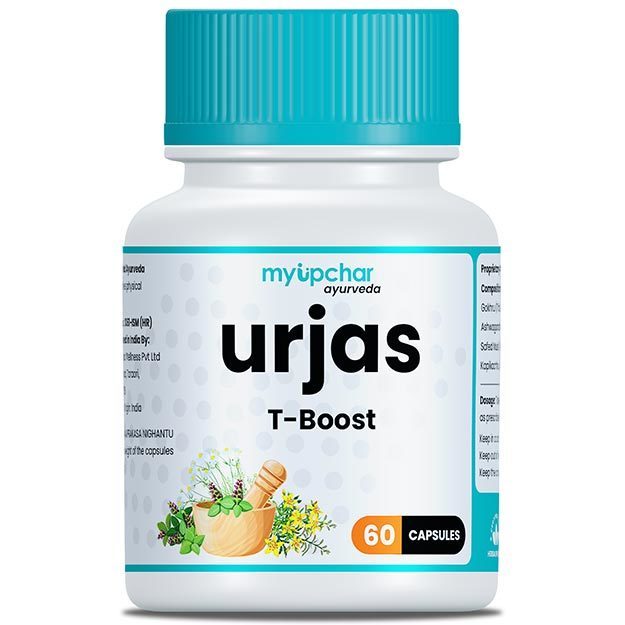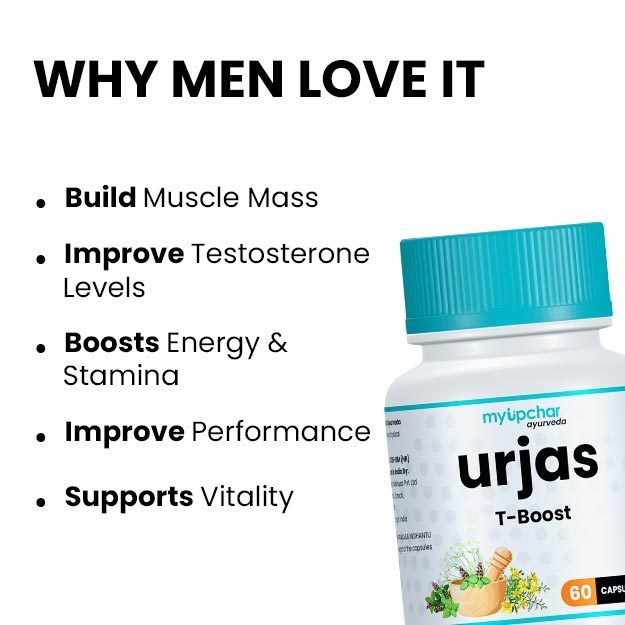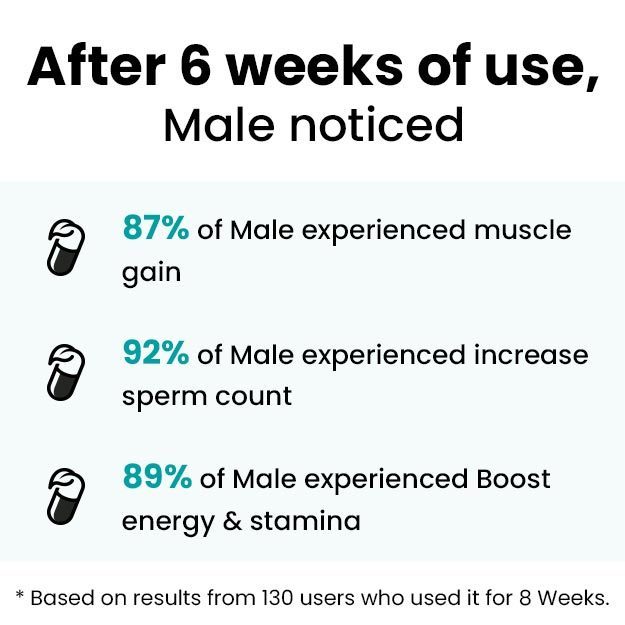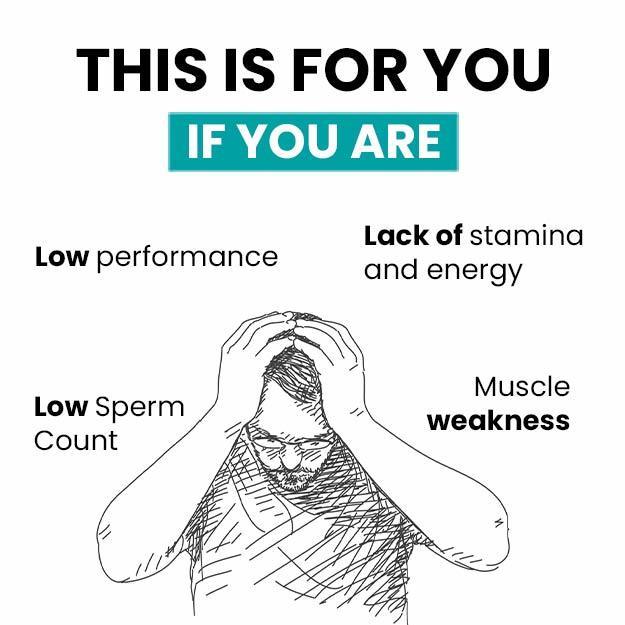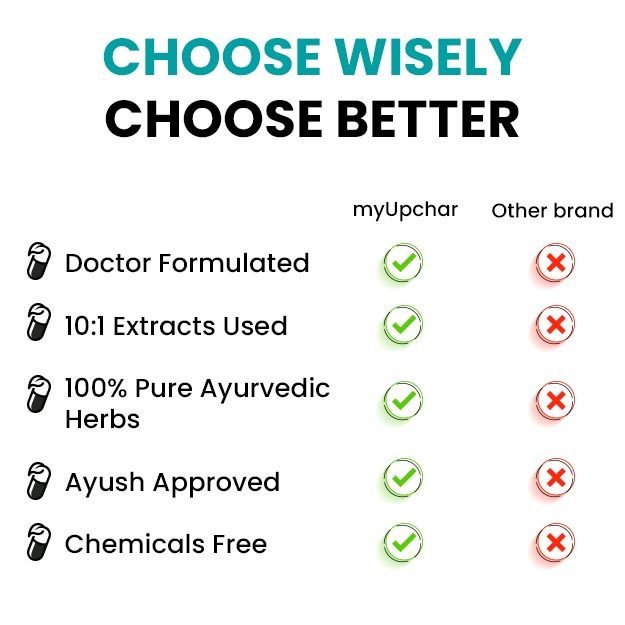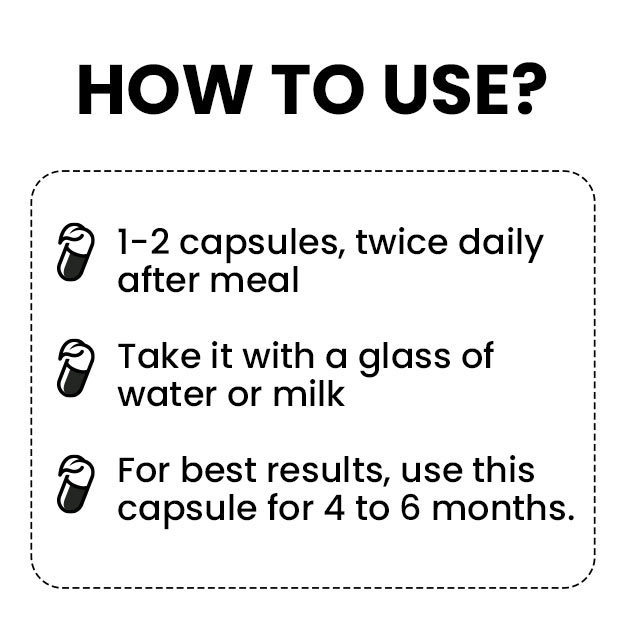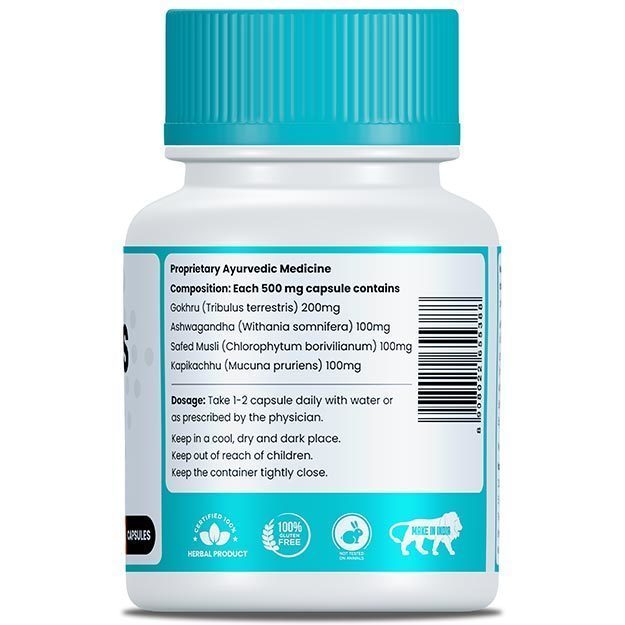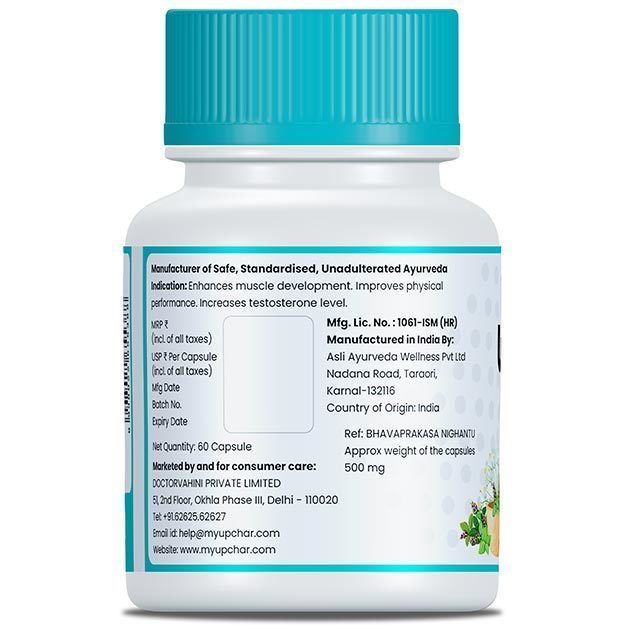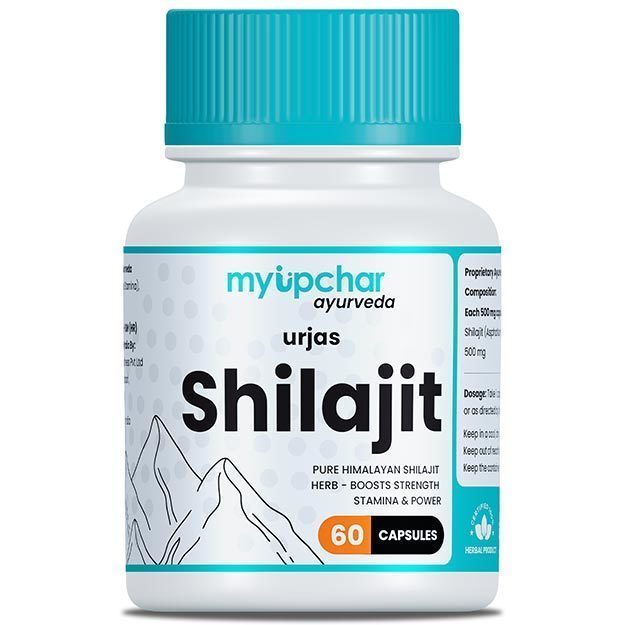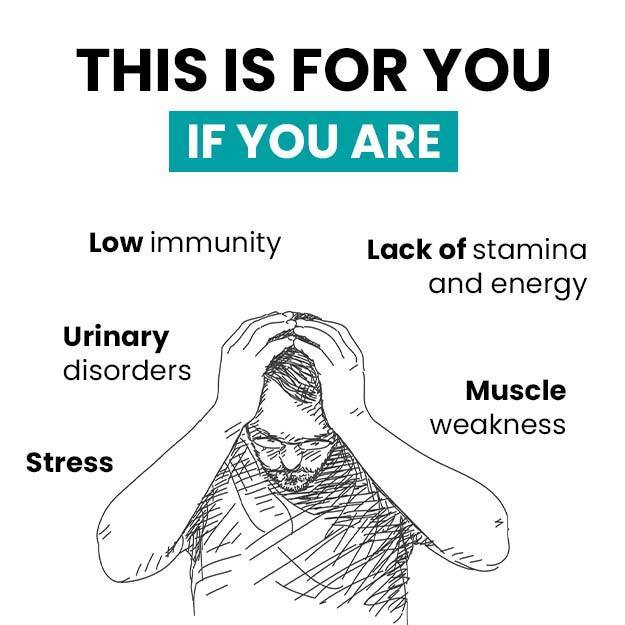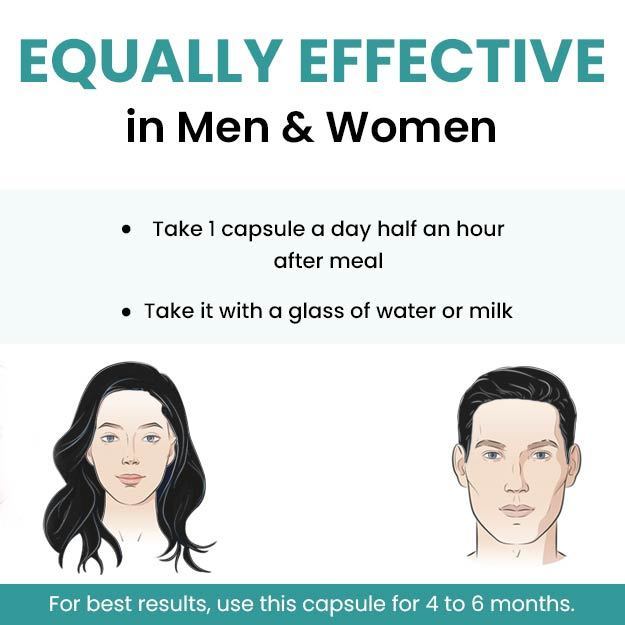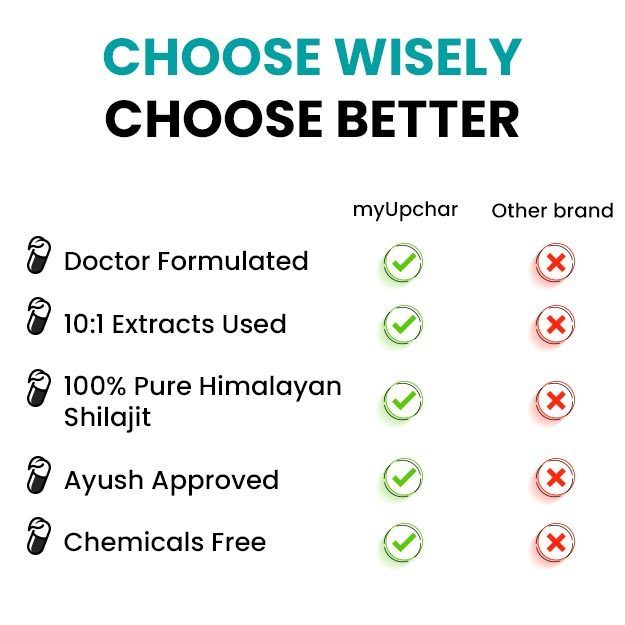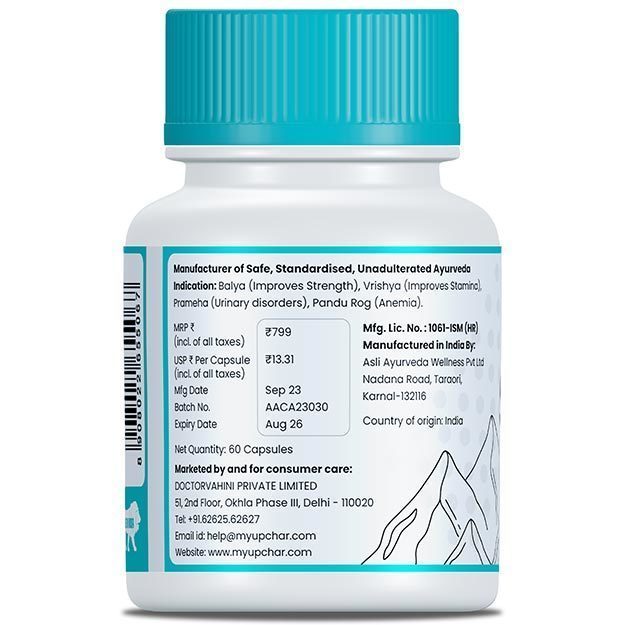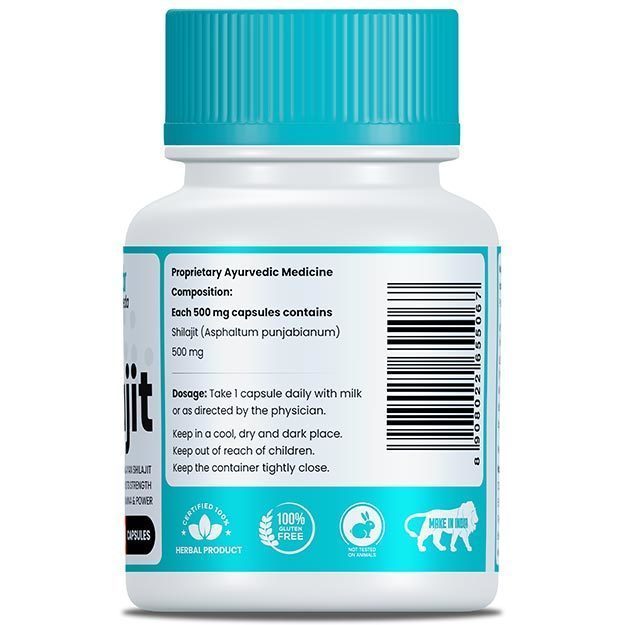What is a Testosterone test?
Testosterone test is performed to measure the levels of testosterone, a hormone found in both men and women, in the blood. Testosterone is found in two forms in body:
- Attached to proteins
- Free testosterone
Laboratory tests either identify total testosterone, including both the testosterone bound to proteins and the unbound or free testosterone in blood, or they are done to determine the level of free testosterone in blood.
An imbalance in testosterone levels in the body affects fertility, growth of genitals and puberty in men. Testosterone levels also affect sex drive, sperm production and muscle mass development in men. Diagnosing fluctuations in testosterone levels helps detect the cause of sexual conditions, such as erectile dysfunction, in men and the development of masculine features in women.
Bioavailable testosterone, serum testosterone, free testosterone and total testosterone are alternative names for this test.

